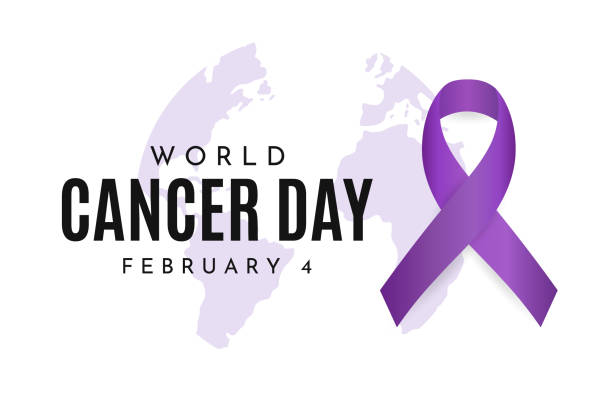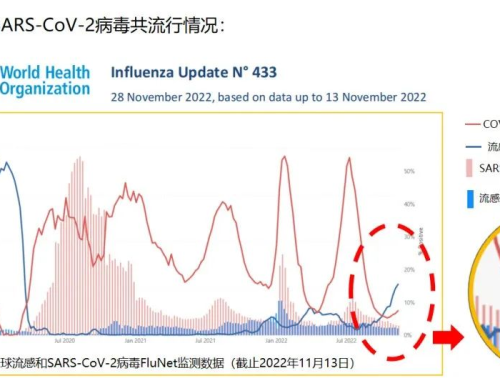February 4, 2023, marks the 24th World Cancer Day. It was launched in 2000 by the International Union Against Cancer (UICC) to promote new ways to facilitate collaboration among organizations to accelerate progress in cancer research, prevention and treatment for the benefit of humanity.
Globally, the cancer burden is expected to increase by 50% in 2040 compared to 2020 due to an aging population, when the number of brand new cancer cases will reach nearly 30 million, according to the National Cancer Center’s 2022 National Cancer Report. This is most notable in countries undergoing social and economic transition. At the same time, the report points out that China should make joint efforts in expanding the coverage of screening and early diagnosis and treatment of relevant tumors, and standardizing and homogenizing the promotion and application of clinical diagnosis and treatment of tumors, in order to reduce the mortality rate of malignant tumors in China.

Cancer, also known as malignant tumor, is a general term for a group of multiple diseases that can affect any part of the body. It is an abnormal new organism that is automatically proliferated by body cells, and this new organism consists of a group of cancer cells that do not develop freely according to physiological needs. Cancer cells do not have the functions of normal cells, one is uncontrolled growth and reproduction, and the other is invasion of adjacent normal tissues and metastasis to distant tissues and organs. Due to its rapid and irregular growth, it not only consumes a large amount of nutrition in human body, but also destroys the tissue structure and function of normal organs.
The World Health Organization suggests that one-third of cancers can be prevented, one-third of cancers can be cured through early detection, and one-third of cancers can be prolonged, reduced in pain, and improved in quality of life by using available medical measures.
Although pathological diagnosis is the “gold standard” for tumor diagnosis, tumor marker test is the most common test for cancer prevention and follow-up of tumor patients because it is simple and easy to detect early traces of cancer with only blood or body fluid.
Tumor markers are chemical substances that reflect the presence of tumors. They are either not found in normal adult tissues but only in embryonic tissues, or their content in tumor tissues greatly exceeds that in normal tissues, and their presence or quantitative changes can suggest the nature of tumors, which can be used to understand tumor histogenesis, cell differentiation, and cell function to help diagnosis, classification, prognosis judgment, and treatment guidance of tumors.
Bio-Mapper Tumor Markers
Since its establishment, Bio-mapper has been focusing on the field of in vitro diagnostic raw materials, with the mission of “promoting national independent brands”, and strives to become a deep cooperation service partner of global in vitro diagnostic enterprises, solving customers’ needs in a one-stop manner. On the road of development, Bio-mapper insists on customer position, independent innovation, win-win cooperation and continuous growth.
Currently bio-mapper has developed relevant tumor markers for more than a dozen cancers, such as prostate cancer, liver cancer, cervical cancer and lung cancer, which are widely used in colloidal gold, immunofluorescence, enzyme immunoassay and luminescence platforms, with stable product performance, winning wide acclaim from customers at home and abroad.
Ferritin (FER)
Transferrin (TRF)
Prostate-specific antigen (PSA)
Epithelial protein 4 (HE4)
Squamous cell carcinoma (SCC)
Free prostate-specific antigen (f-PSA)
CA50
CA72-4
CA125
CA242
CA19-9
Gastrin precursor releasing peptide (proGRP)
Prostate-specific antigen (PSA)
Neuron-specific enolase (NSE)
Cyfra 21-1
Salivary liquefaction sugar chain antigen (KL-6)
Abnormal prothrombin (PIVKA-II)
Hemoglobin (HGB)
If you are interested in our cancer test related tumor marker products, please feel free to contact!






